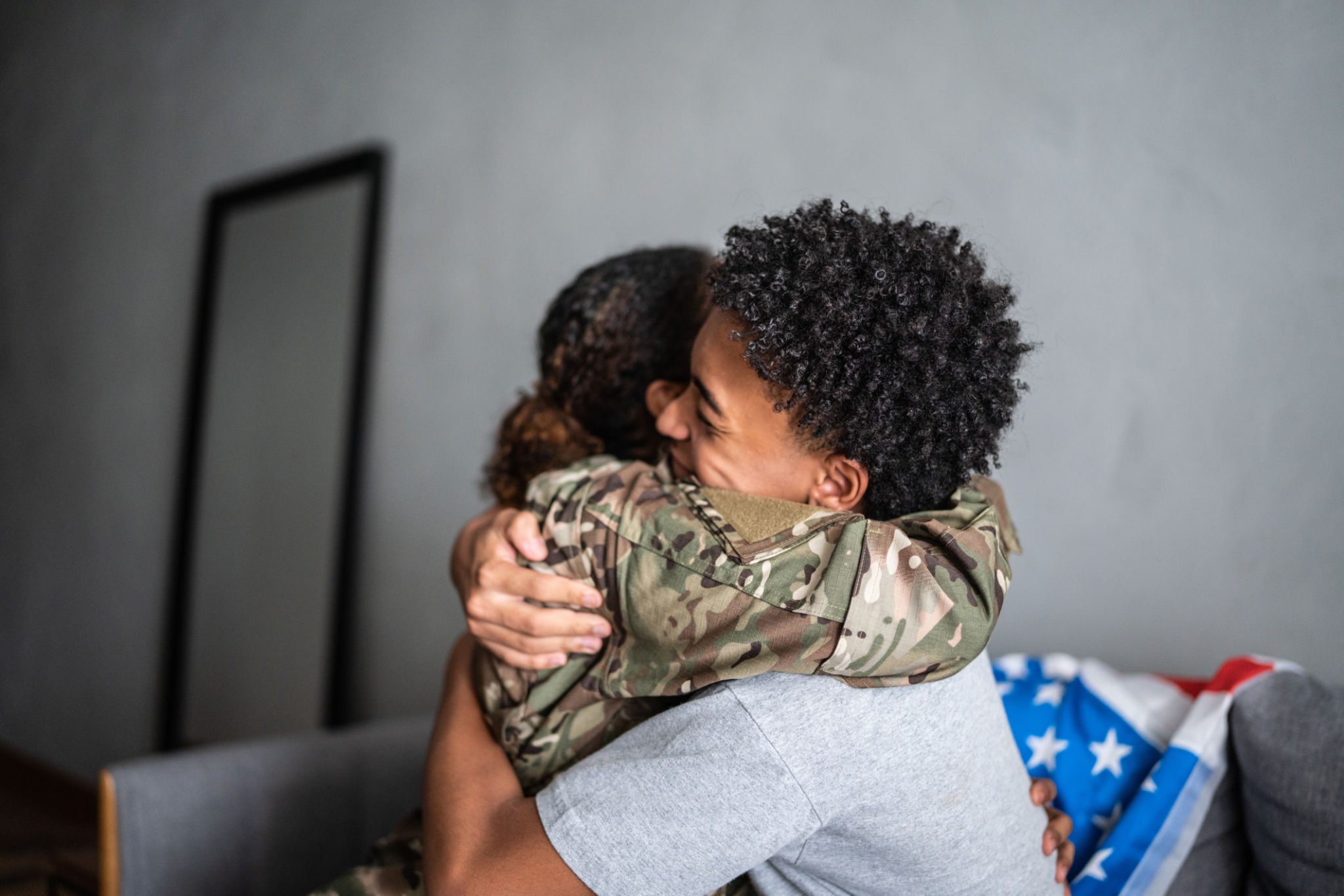Expert Tips on Transitioning from Shelter to Permanent Housing for Veterans
Understanding the Challenges Veterans Face
Transitioning from shelter to permanent housing can be a daunting journey for veterans. Many face unique challenges, including adjusting to civilian life, managing mental health issues, and navigating complex housing systems. Recognizing these challenges is the first step in providing effective support.

Building a Support Network
Having a robust support network is crucial for veterans moving into permanent housing. Family, friends, and community organizations can offer emotional and practical support. Veterans should also connect with local veteran-specific resources that understand their unique needs.
Navigating Housing Assistance Programs
There are numerous housing assistance programs available for veterans, but understanding and accessing these programs can be overwhelming. Key programs include the HUD-VASH program, which pairs HUD's rental assistance with VA support services, and the Supportive Services for Veteran Families (SSVF) program.
- HUD-VASH Program: Provides rental assistance and support services.
- SSVF Program: Offers case management and supportive services to prevent homelessness among veterans.
Financial Planning and Budgeting
Effective financial planning is essential for veterans transitioning to permanent housing. Creating a budget that accounts for rent, utilities, and daily living expenses can prevent future financial stress. Veterans should also explore financial counseling services offered by veteran organizations.

Addressing Mental Health Needs
Mental health is a critical component of a successful transition. Veterans may face challenges such as PTSD, anxiety, or depression. Accessing mental health services through the VA or local community providers can support their overall well-being during this transition period.
- PTSD Support: Engage in therapy and support groups.
- Anxiety Management: Practice mindfulness and relaxation techniques.
Employment and Skill Development
Securing stable employment is another important aspect of transitioning to permanent housing. Veterans are encouraged to utilize employment resources that offer job training, resume building, and interview preparation. Programs like the VA's Vocational Rehabilitation and Employment (VR&E) services can be invaluable.
Creating a Comfortable Living Environment
Once housing is secured, creating a comfortable and personalized living environment can make a significant difference in a veteran's quality of life. Simple touches like familiar decor, photos, or even keeping a pet can provide comfort and stability.

Engaging with the Community
Becoming an active member of the community can help veterans feel more connected and supported. Participating in local events, joining clubs or groups, and volunteering are excellent ways to build new relationships and integrate into the community.
Ongoing Support and Resources
The transition from shelter to permanent housing doesn't end once the keys are handed over. Continuous support from family, friends, and veteran organizations is essential. Veterans should be encouraged to seek ongoing assistance and stay informed about new resources that may become available.

